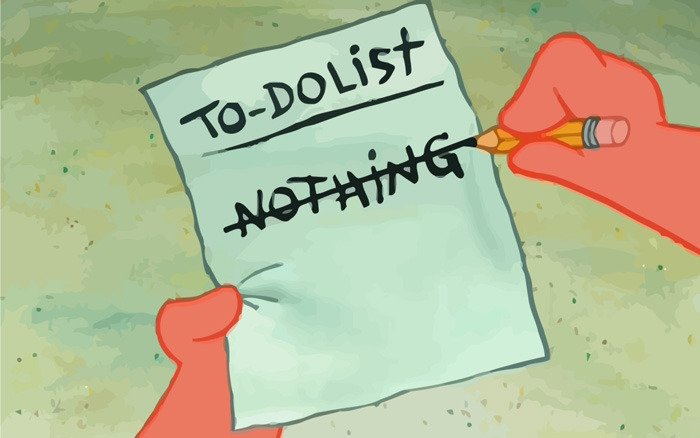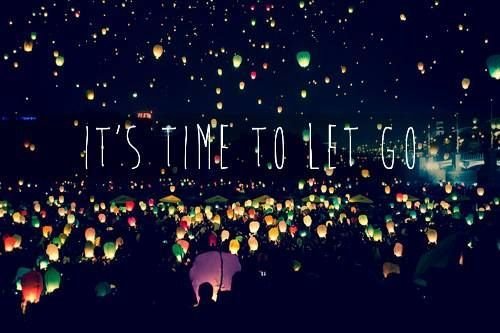One of my dear friends is in the process of creating a sentiment dictionary. This is something that has never been done in Croatia and has only recently come to light. What is it? It is a dictionary that describes which meaning has a certain word – positive, negative, or neutral.
Aware of it or not, the language itself is already collectively and socially burdened by duality, by judgment – a division on good and bad. And through communication, we unconsciously accept this added meaning of each word.
For example, the word to let go or to give up carries a negative connotation, tone. And when the connotation of certain words is firmly collectively defined in our subconscious, we find it hard to be open and to be able to understand it in a different way.
Because of social conditioning, the idea that giving up is something bad, that it should not be done, ie. if you give up on something, it means you are somehow bad (in the broadest possible sense), our mind is firmly fixed on ideas of trying, striving, struggling, resistance, etc. However, often, exactly the attachment of the mind to this idea is what keeps us in a state of disharmony, incompleteness, waiting, feeling of weight…
Giving up, letting go, surrendering is something that everyone encounters at some point in their lives. It happens in a moment in which we are fed up with trying, the moment of stopping fighting. I’m talking primarily about the internal state of letting go as opposed to the internal state of holding onto something, which is sometimes, but not necessarily, accompanied by external giving up on different things that we did or that we did in a specific way.
Giving up in the deepest meaning of the word is the most precious thing that can happen to us, something that brings us closer to the grandiosity of our being, to a deeply fulfilled life. That’s giving up on the search, attempts, i.e., on that of which our own personal is trying to convince us, giving up the belief that we must make an effort, fight, torture ourselves in order to get something out of life, that is, to directly or indirectly get what we all want – peace, security, fulfillment, a sense of purpose and abundance. This belief comes in various forms:
- In the example of “working on yourself”: “I have to continuously strive, regularly do techniques, meditate, exercise, raise my awareness, clean… to gain peace, happiness, security, self-confidence…”
- In the example of work and material existence: “I have as much to push, to try, to work, to sacrifice… to acquire what will bring me a sense of security and abundance.”
- In the example of search for a romantic relationship: “I have to make an effort, go out, I have to meet new people, to create a positive image in the eyes of others to acquire what I believe will fulfill me – a love affair.”

When we give up on these false assumptions, ideas, at that moment we find ourselves in the inner space where everything we were looking for – peace, satisfaction, security, abundance… already exists. Until the point we really feel this, that inner space seems distant and abstract, it remains only a concept, a desirable image in our mind, but it is in all of us and actually very close, even when we do not see it.
There is a book about Three principles called “Do Nothing”. The title refers to the point that I want to convey. It does not refer to any external action or inaction but to the fact that you don’t need to do anything with your inner state, your feeling at any point. In other words, you give up on trying to change it.
Trying to change the internal state is only adding additional thoughts on top of all the thoughts that are already spinning in our minds. Therefore, the weight of your thoughts increases. We are adding instead of… taking away? Excesses? Or? The mind often understands it like that – if we don’t need to add then we will take away, we need to do something. But as soon as the mind tries to do anything, even to take away – at that moment it is already adding. Taking away happens by itself when we do nothing with our feelings.

Rather than listening to the usual belief that seems very logical and says: “You have to do something to change your situation” and that entangles us even more deeply in our already entangled situation, by giving up on dealing with our internal state in any way – directly or indirectly (by attempting to change circumstances to change our state or by trying to change the internal state with various methods or techniques) it happens that the weight that we feel begins to decrease and we start to return to the basics, to the initial state of clarity, peace, acceptance, and harmony that is always here, behind all thoughts.



